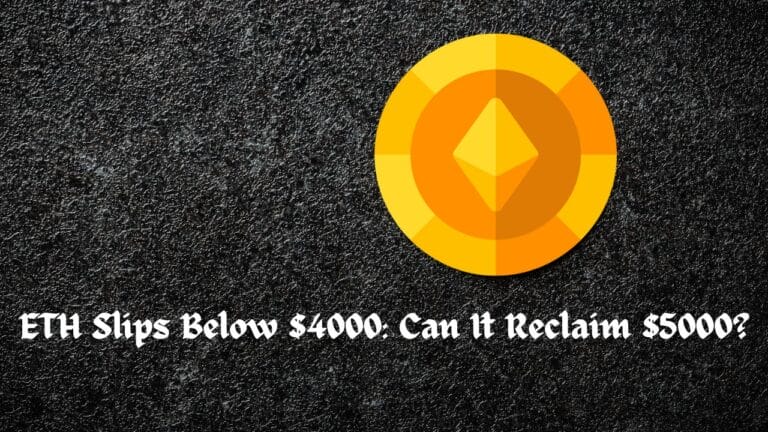Key Takeaways:
- The co-founders of WazirX, the largest cryptocurrency exchange in India, Nischal Shetty and Siddharth Menon, have moved to Dubai with their families.
- In this industry, many developers and engineers have already decided to relocate to Dubai and Singapore or are considering doing so.
- The market for cryptocurrencies has contended that the 1 percent TDS locks the capital of investors for crypto traders and suggested that it be kept at a low 0.1 percent.
The global cryptocurrency market is still experiencing pressure. Major cryptocurrencies’ price corrections are continuing unabated. Many Indian entrepreneurs and developers working in the Internet 3.0 space are relocating abroad in an effort to establish bases in nations that are more crypto-friendly. Nischal Shetty and Siddharth Menon, the co-founders of WazirX, the biggest cryptocurrency exchange in India, have relocated to Dubai with their families.
In addition to CoinDCX now having a Singapore arm, ZebPay and Vauld relocated there. This occurs in the midst of a general crackdown on cryptocurrencies, which has included enforcement agencies taking action against some platforms, the release of new regulations and guidelines every few weeks, and the potential for a lack of clarity in longer-term policy
Numerous of these websites have now stopped processing payments, deposits, and withdrawals.
The industry, which peaked in November 2021, has been impacted by the current global cryptocurrency crisis as well as strict rules and regulatory changes in India.
According to an anonymous top executive of one such exchange quoted by The Indian Express, “We are currently in a bear market…Many developers of Web 3.0 and cryptocurrency products are relocating to countries with clearer laws.”
The failure of startups is often due to the founders’ lack of industry knowledge, according to Nischal Shetty, the founder and CEO of WazirX. It’s critical to know if customers require anything specific in the product category you’re about to introduce.
While this is going on, the UAE and Singapore are among those actively promoting the ecosystem by giving consumers insurance certainty and offering incentives to attract and foster talent pools. Many experts believe there may also be a lack of transparency regarding the federal government’s prospective stance with regard to law enforcement.
There are no such fees in Dubai. Earnings from digital properties are essentially tax-free, with the exception of a 5% VAT. These factors have led to the city becoming a popular location for cryptocurrency investments.
The purchase of cryptocurrencies is also tax-free in Singapore. The intent of the buyer, however, governs the tax treatment.
India’s official adoption of cryptocurrencies began in 2018, when the Reserve Bank of India ordered banks to stop providing funds to platforms for buying and selling cryptocurrencies. This directive was later overturned by the Supreme Court in 2020. The government planned to introduce a bill in Parliament last year to outlaw all personal cryptocurrencies, but the bill was never brought up for debate.
A 30 percent tax on digital property was introduced earlier this year through the Union Finances for 2022–2023 with provisions different from those for different asset classes. Later, in an effort to maintain a cash flow, the federal government also implemented a 1 percent tax deducted at supply (TDS) on cryptocurrency transfers, effective July 1.
WazirX, which is owned by Binance, the largest cryptocurrency exchange in the world, stated in its assertion that the current regulations on cryptocurrencies may reduce participation and increase inefficiencies rather than enticing more people to jump on board. “The Indian exchanges are KYC compliant, ensuring the security of transactions and merchant protection from security threats. However, due to current tax laws, there is a chance that they will transfer their capital to unregulated or decentralised P2P or foreign exchanges, it was noted.
Coinswitch Kuber, another exchange, has also stopped offering cryptocurrency withdrawal services due to KYC requirements. In response to a tweet from a user, the platform stated that deposits and withdrawals have been disabled because it requires more clarification from policymakers and regulators. NEFT, IMPS, and RTGS are accepted for INR deposits and withdrawals on Coinswitch Kuber.










